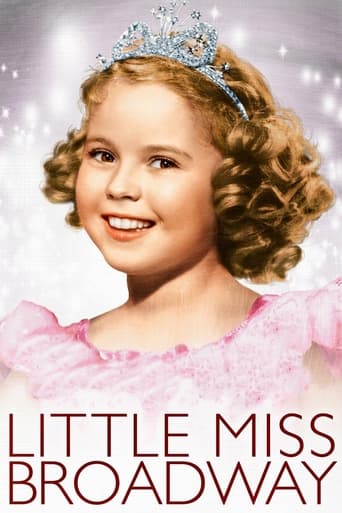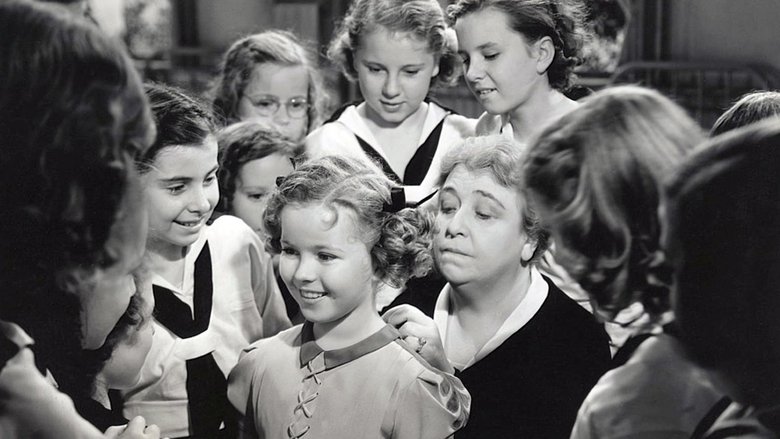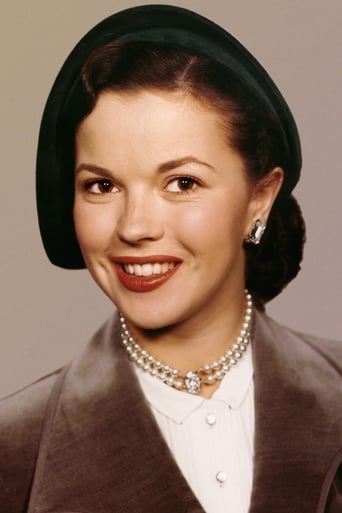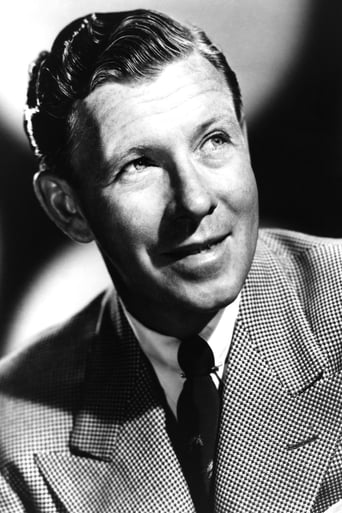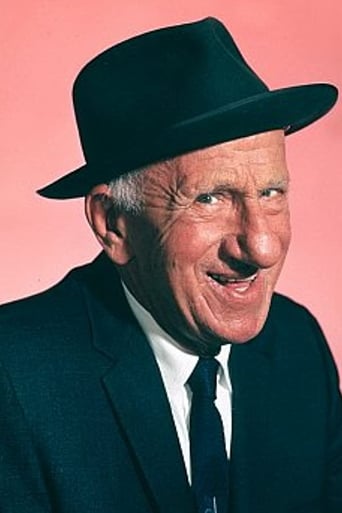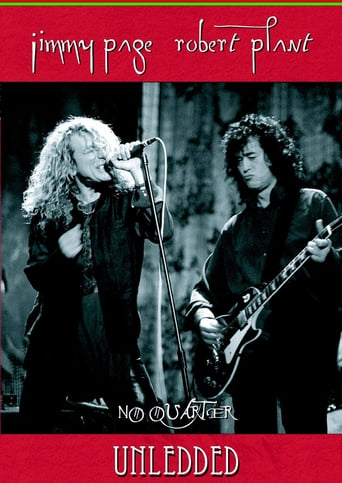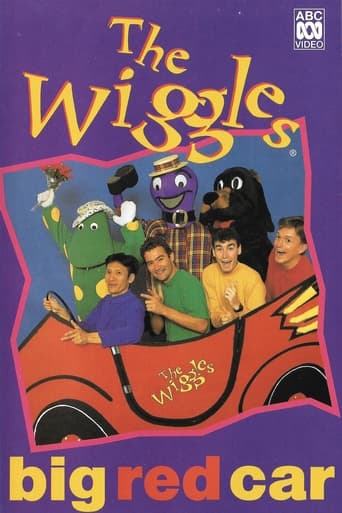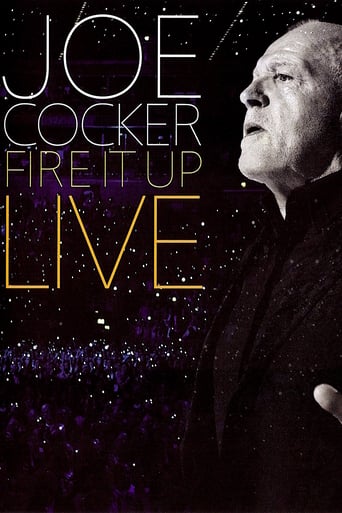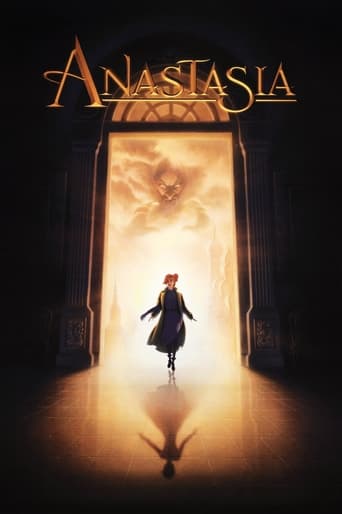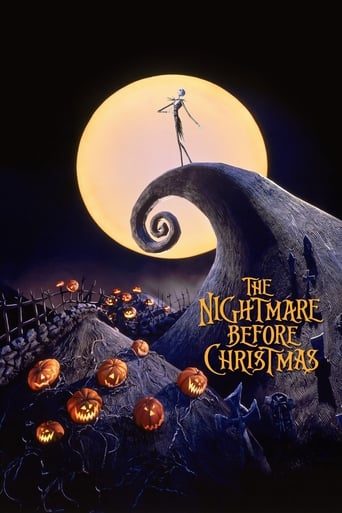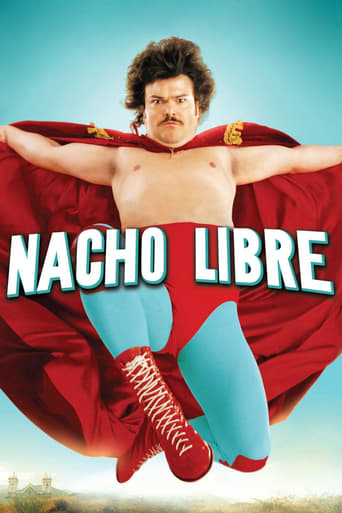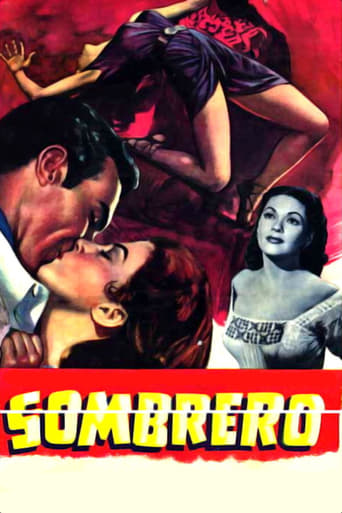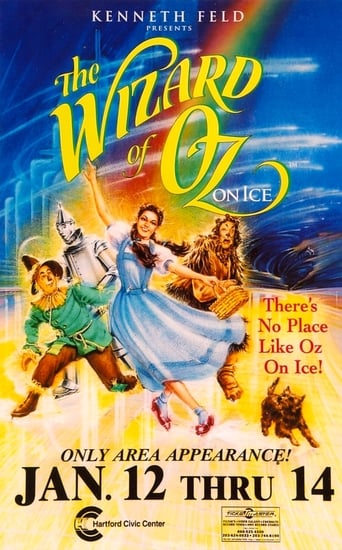Little Miss Broadway (1938)
An orphan is provisionally adopted by the manager of a hotel populated by show business people. The hotel's owner doesn't like the entertainers and wants the girl returned to the orphanage.
Watch Trailer
Free Trial Channels
Cast


Similar titles
Reviews
Boring
It's funny watching the elements come together in this complicated scam. On one hand, the set-up isn't quite as complex as it seems, but there's an easy sense of fun in every exchange.
Blending excellent reporting and strong storytelling, this is a disturbing film truly stranger than fiction
I think this is a new genre that they're all sort of working their way through it and haven't got all the kinks worked out yet but it's a genre that works for me.
"Little Miss Broadway" isn't a bad film. However, Shirley Temple sure made a lot of films that were a lot better. Overall, it's watchable but most likely a film for someone who is more the die-hard Shirley Temple fan than anyone else.George Murphy, Edna May Oliver, Jimmy Durante and Jane Darwell are among the supporting cast for Temple and this is a rare case when the support actually was a bit better than she was. That's because whoever wrote the music for Miss Temple really missed the boat--making quite a few songs which were not particularly suited for her range. Again and again, Shirley sounded off due to this. Plus, there were just too many production numbers and not enough schmaltz--the good sort in which Shirley excelled. It's clearly a second-rate effort overall.The plot is rather minimal in this one. Shirley is an orphan that's been adopted by a nice old man who owns a hotel for actors. Not surprisingly, the place is awfully loud--with the residents singing, dancing and acting all the time. Their neighbor is a nasty old rich lady (Oliver) and she HATES the noise and is determined to use her money and power to send Shirley back to the orphanage and close the hotel. In many ways, it's a lot like "The Grinch Who Stole Christmas", actually! By the end of the film, the nasty old lady's nephew (Murphy) is planning on using his fortune to put the folks in the hotel in a Broadway review. But, the aunt (who is the executor of his estate) is determined not to let this happens and the case goes to court. In an insane move you'd only see in a movie, the judge orders the actors and dancers and singers to put on a show in the courtroom--to convince him whether or not Murphy is throwing away his money. And, the rest is rather predictable.While some story elements are very familiar, the plot is too thin and the film makes poor use of Temple's amazing talents. Here, she just seems pretty ordinary--and is a testament to poor writing and direction.
Little Miss Broadway is a very enjoyable movie musical format in miniature with bright,bouncy tunes,a plot that moves with light touches of comedy,sentiment and slight conflicts..All the main characters perform solidly,but THE main sharply etched brilliant performance belongs to Edna May Oliver...when I was a child,I was at first repelled by her "mean old pumpkin" ways...OH! but to look closer as one grows older..WOW! What subtle hysterical faces and brilliance beneath that unique face and her ever so subtle softness of heart which peeks out more and more towards the end..She truly stands out..such a marvelous artist!
This might be the best of all the Shirley Temple movies of the 1930s because its so interesting start-to-finish.The only annoying person is Edna May Oliver, who plays the standard mean old lady who is out to ruin things for the ""good guys" Fortunately, she's not in a lot of scenes and eventually even changes her thoughts for the better.The rest of the film is nothing but nice people who are a lot of fun to watch. George Murphy and Phyllis Brooks are the typical (for Temple movies) super nice, handsome young couple which gets together in the end.Edward Ellis plays a nice old man and Donald Meek nearly steals the show with some funny lines and funny faces. I thought James Durante would be funny, but he had more of a straight than comedic role.Other features which make this movie stand out from normal Temple fare were unique characters (midgets, twins, penguins and more) and a tremendous amount of songs and dances (much more than normally heard).All the elements that made Shirley Temple's films so successful are rolled up into this movie. Great stuff!
"Little Miss Broadway" (20th Century-Fox, 1938), directed by Irving Cummings, presents popular child star Shirley Temple in a showbiz background story ranking one of the most musical of all her movies thus far. Not precisely a backstage musical in the typical sense of the 1930s bearing "Broadway" in the title, but a movie by which almost every other scene includes singing and dancing, and with a handful of fine tunes, the plot nearly becomes secondary.The story opens in the auditorium of the Madrey Orphanage for Girls where the talented Betsy Brown (Shirley Temple) leads the quartet singing an optimistic song to an audience of cheerful little orphans. Moments later, Miss Hutchins (Jane Darwell), matron of the orphanage, announces that Betsy is leaving to go live with William J. "Pop" Shea (Edward Ellis), a close friend of her deceased parents, and his daughter, Barbara (Phyllis Brooks). Now a resident of the Hotel Variety in New York City, Betsy finds herself happily surrounded by a handful of unemployed vaudevillians living under the generosity of "Pop" Shea, who manages the place. Living across the street is the middle-aged grouch named Sara Wendling (Edna May Oliver), landlord of the Hotel Variety who detests both show people and loud noise, and intends to close down the hotel unless Shea comes up with the full payment of back rent. In order to help out, Betsy pleas with Miss Wendling, better known to her as "the old pumpkin," but to no avail. She does, however, succeed in charming Wendling's brother, Willoughby (Donald Meek), and her song and dance man nephew, Roger (George Murphy). Complications follow leading the actors to show off their musical talent in the courtroom s preceded by an old but lovable judge (Claude Gillingwater Sr.).With music and lyrics by Walter Bullock and Harold Spina, the musical program includes: "Be Optimistic" (sung by Shirley Temple and the Brewster Twins); "Auld Lang Syne" (traditional New Year's Eve song); "How Can I Thank You?" (sung by Temple to Phyllis Brooks); "We Should Be Together" (sung and danced by George Murphy and Temple); "If All the World Were Paper" (sung by Temple); "When You Were Sweet 16" (by James Thornton); "Happy Birthday to You," "How Can I Thank You?" (reprise); "Be Optimistic" (reprise); "Thank You for the Use of the Hall" (sung by Temple); "I'll Take the High Road and You'll Take the Low Road" (traditional Scottish song); "Swing Me and Old-Fashioned Song," and "Little Miss Broadway"/ "I'll Build a Broadway for You" (sung and danced by Temple and Murphy).The supporting cast features the likes of Jimmy Durante as Jimmy Clayton, leader of a swing band consisting of Eddie Collins, Syd Saylor, Jerry Colonna and Heinie Conklin; El Brendel as Ole, owner of a talented penguin; George Barbier as Mr. Fiske; George and Ella Brosno, a midget couple; The Brian Sisters, among many others. With a handful of fine character and veteran actors, many don't appear on screen long enough to make their performances count. Compared to others it appears that Jimmy Durante, one of the most notable and recognizable entertainers, to be regrettably the one whose has become the victim of severe editing. He's there but hardly shares any scenes opposite Temple, and in the finished product, he doesn't even get to sing nor dance in the popular Durante tradition. All this has been revealed when American Movie Classics presented one of its well constructed documentaries around 1997 titled, "Hidden Hollywood, From the Vaults of 20th Century-Fox," showcasing deleted scenes from Fox films, especially "Little Miss Broadway", many involving Durante, especially the Durante and Temple show-stopper, "Hop, Skip and Jump." How much more of Durante was filmed and scrapped is uncertain, but the reason given is so not to take away any attention from Temple. It has always been evident that "Little Miss Broadway" was originally intended to be a much longer film, around 85 minutes or so, since everything happens and ends so quickly."Little Miss Broadway" plays like an MGM film, especially those annual "Broadway Melody" musicals since singing and dancing takes more precedence in the story rather than on the stage. George Murphy, on loan from MGM, whose "We Should Be Together" dance number opposite Temple is reminiscent to her fancy footwork opposite Buddy Ebsen from "Captain January" (1936), where they do their fancy footwork ranging from floor to table tops. As the story goes, Murphy plays a nice guy and romantic interest to Shea's attractive daughter (Brooks). Edna May (misspelled Mae in the credits) Oliver, another resident MGM character actress, makes a fine villain, but in spite of her meanness, succeeds in making her nasty character lovable."Little Miss Broadway", which was distributed on video cassette in either the black and white and colorized format, played on numerous cable stations over the years, such as The Disney Channel in the early 1990s, American Movie Classics (1996-2001), and both Fox Movie Channel and Turner Classic Movies (TCM premiere: July 13, 2015) in original black and white format."Little Miss Broadway" may not work well to those with lack of patience or understanding towards movie musicals such as this, but standard to enjoyable by those familiar with the Temple formula: young orphan makes good. An ordinary musical at best highlighted by some lavish dance numbers credited to Geneva Sawyer and Nick Castle, ranking this a very optimistic film. Oh my goodness! (***)

